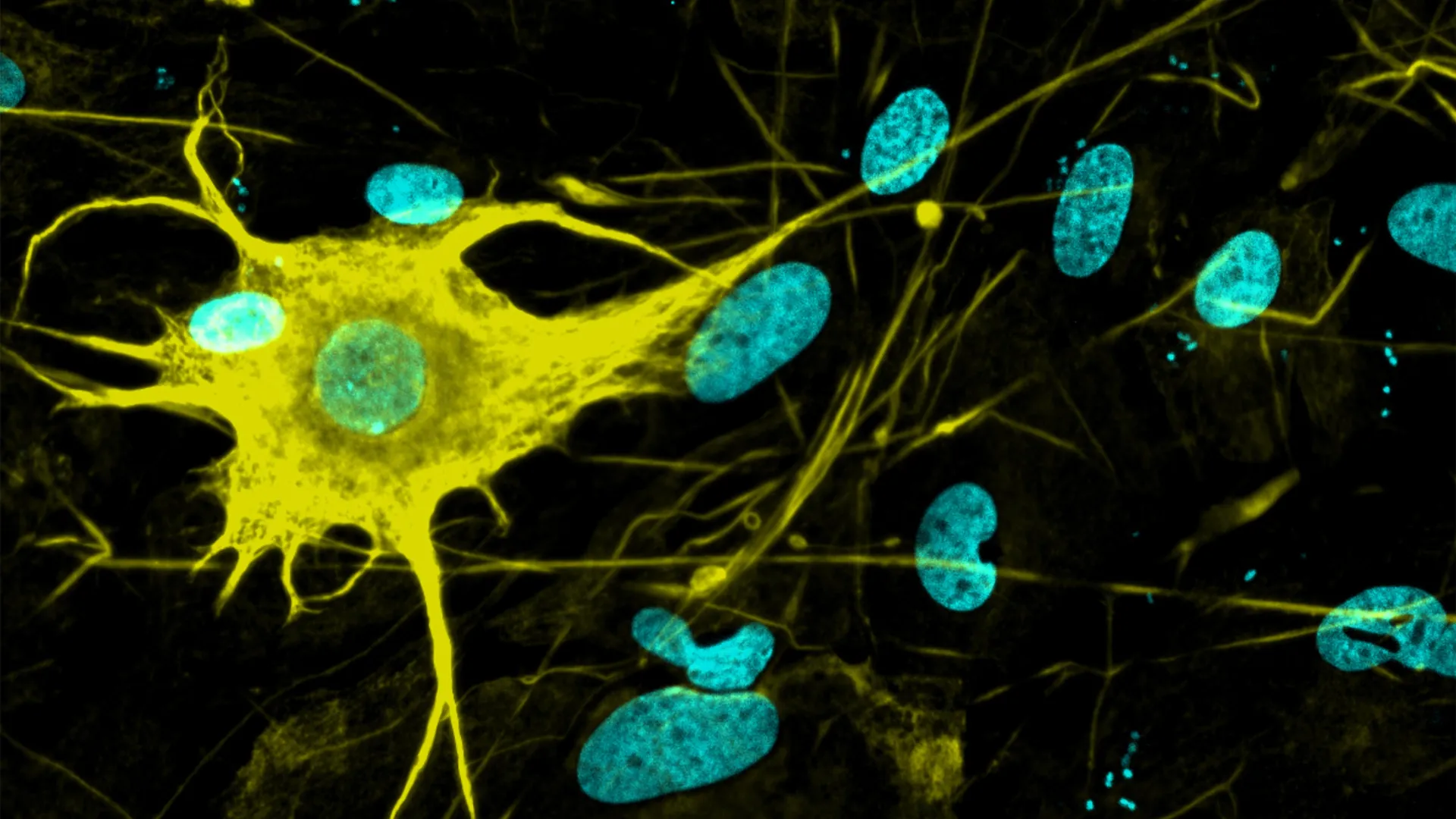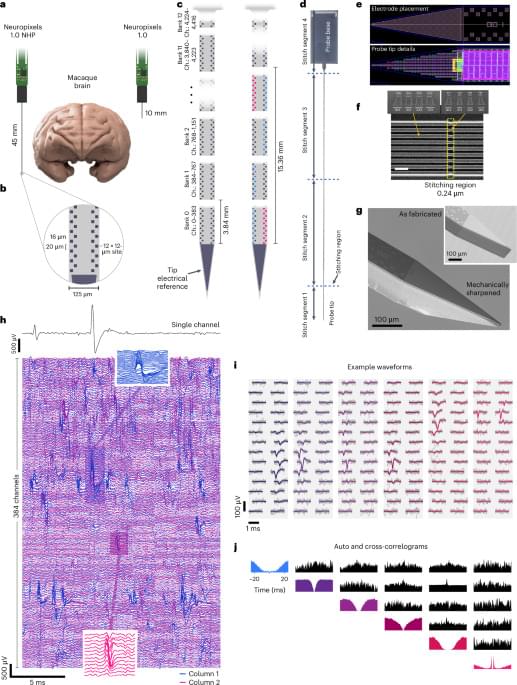In all patients, the median overall survival (OS) was 10.2 months (95% CI, 8.5−12.2); there was a total of 20 neurologic deaths compared with 64 non-neurologic deaths. Between the 2 reviewers, agreement was 98% regarding neurologic death and non-neurologic death, with disagreement requiring a tie occurring in 2%.
The 1-year and 2-year neurologic death incidence was 11.0% (95% CI, 5.8%-18.1%) and 20.3% (95% CI, 12.7%-29.1%), respectively. The trial investigators noted that the historical incidence of neurologic death with WBRT was 17.5% at 1 year and 35.2% at 2 years. The 1-year and 2-year incidence of non-neurologic death was 48.0% (95% CI, 37.9%-57.4%) and 61.7% (95% CI, 50.8%-70.8%).
Via the Fine and Gray regression analysis, age, number of brain metastases, size of largest brain metastases, presence of neurologic symptoms, presence of distant extracranial metastases, and employment of neurological resection before enrollment were not associated with neurological death (P .05 in all cases).
New brain metastases were developed by 61.0% of patients, with a 1-year estimate of 59.0% (95% CI, 48.6%-68.0%); at least 1 course of salvage stereotactic radiation was received by 39.0% of patients, with a 1-year estimate of 37.0% (95% CI, 27.5%-46.5%); WBRT was received by 22.0%, with a 1-year estimate of 21.0% (95% CI, 13.6%-29.5%); and leptomeningeal disease was observed in 9.0%, with a 1-year estimate of 7.0% (95% CI, 3.1%-13.1%).
Overall, systemic disease progression occurred in 65.0% of patients, with a 1-year estimate of 58% (95% CI, 47.6%-67.0%).
Additionally, in aggregate, at least 1 local recurrence in a metastasis treated in the study was experienced by 13.0%, with a 1-year estimate of 15.0% (95% CI, 8.8%-22.7%); the respective per-patient rates of radiographic and symptomatic necrosis were 9.0% and 5.0% in total, with 1-year estimates of 6.0% (95% CI, 2.4%-11.9%) and 3.0% (95% CI, 0.8%-7.9%), respectively.
“Despite being the historical standard, whole brain radiation might not be necessary for all patients,” stated first study author Ayal Aizer, MD, MHS, director of Central Nervous System Radiation Oncology at Brigham and Women’s Hospital, and a founding member of the Mass General Brigham healthcare system, in a press release on the study.2 “Our findings demonstrate that targeted, brain-directed radiation may be a viable treatment for patients with limited brain metastases from SCLC and potentially spare them from the [adverse] effects of whole brain radiation.”








